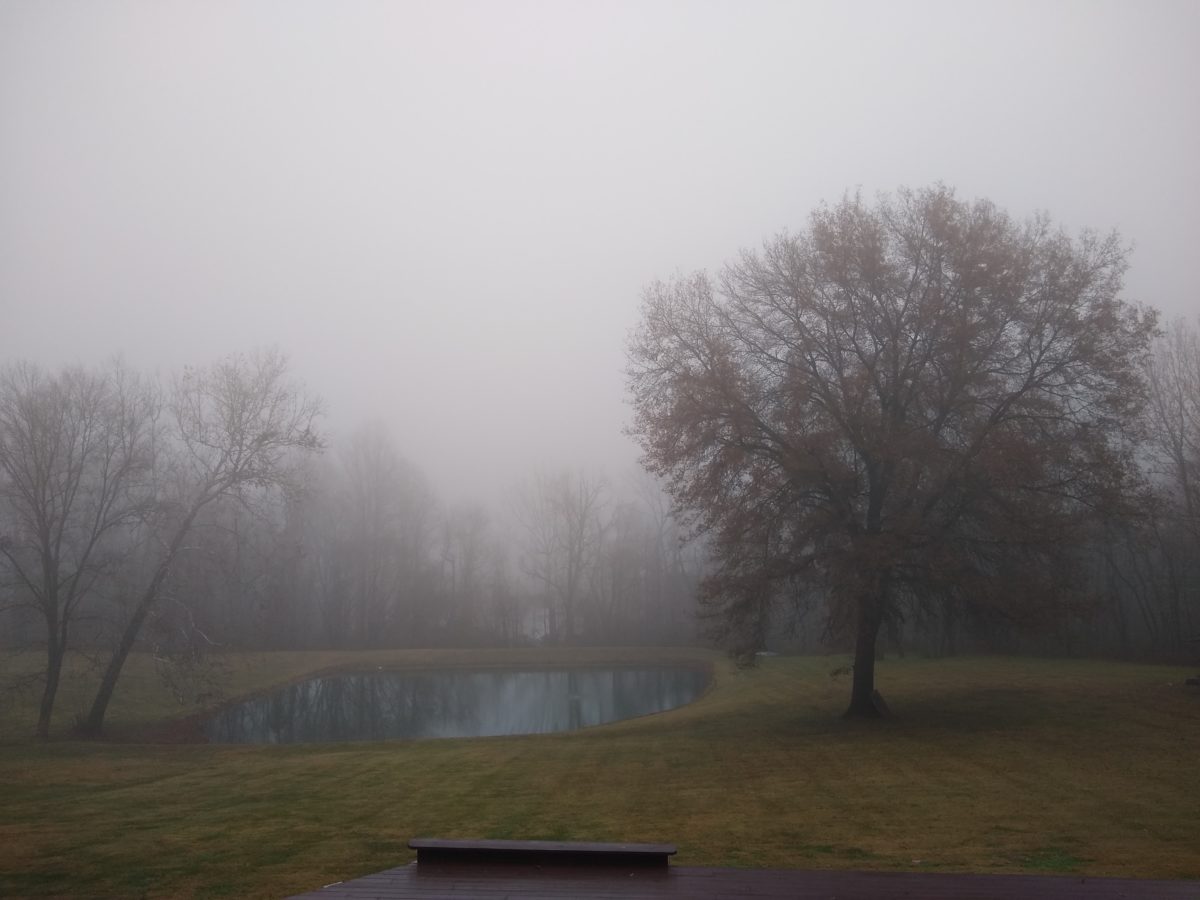Category: Confusing Words
-
missa nett and daufa nett
How do you say that something ‘must not’ be done in Pennsylvania Dutch? It’s ‘missa nett’…, right? Actually, it’s ‘daufa nett’. Why?
-
patient and geduldich
When do you use patient and geduldich in Pennsylvania Dutch? When would you use patience and geduld?
-
Figures of Speech: Walking and Running
Pennsylvania Dutch uses some figures of speech that involve walking and running that are similar to English — how are they different?
-
shpringa and shprenga
What’s the difference between the Deitsh words shpringa and shprenga? Both of the words shpringa and shprenga are verbs (action words) that mean to run. Shpringa verb = to run (as in movement, or to work and function) Shprenga verb = to run (as in to operate something else) ℹ See also the Pennsylvania Dutch…
-
yau and yo
There’s more that one way to say ‘yes’ in Pennsylvania Dutch. Learn how and when to use ‘yau’ and ‘yo’.
-

-
mayna, ohgukka, da view
All 3 words mean ‘view’ in English, but how do you use mayna, ohgukka, and da view?
-
Noch vs Nohch
Both noch and nohch can mean after. They also sound very, very similar. So how can you tell them apart and use them correctly in conversation?
-
Prepositions – diveyya, difunn, ditzu, difoah
When to use prepositions like veyyich and diveyya, funn and difunn, ditzu, and difoah.
-
Eahsht vs S’eahsht vs Seahsht
All three words mean first. So what is the difference between eahsht, s’eahsht, and seahsht?